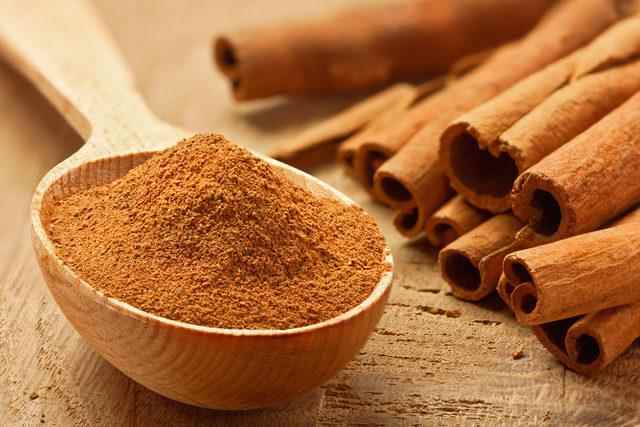Stating that one of the easiest and healthiest ways to stay warm during the coldest times of the year is to eat foods that provide more warming, Dietician Özden Örkcü said, “Warming foods, called ‘yang’ foods by ancient Chinese medicine, generally increase our core temperature by increasing blood circulation or removing excess water from our tissues. are foods that contain one or more active compounds that help Seeds, nuts, oats, garlic and onions are classic examples of traditional warming foods.” said.
HEATING POWER OF VEGETABLES
Stating that dark orange vegetables such as healthy sweet potatoes, winter squash and carrots provide the warmth of immune-feeding beta-carotene and orange light in cold weather, Örkcü said, “Especially in cold climates, ground roots such as onions, radishes and turnips, arugula, mustard greens and watercress It is one of the other foods that support our warming. Nuts, seeds and butter can be enjoyed as excellent warming and insulating snacks.” he said.

WHICH SPICES KEEP THE BODY WARM?
Cardamom: Contains cineol, a proven expectorant. Cineol is known to have a stimulating effect on the lungs. With this feature, cardamom can increase body temperature.
Cinnamon: Cinnamon, a sweet and aromatic spice derived from the inner bark of the Ceylon cinnamon tree, may be considered the most popular warming supplement in the West.
Turmeric: Like cinnamon, turmeric is rich in numerous astringent grains that help tighten tissues and absorb excess water from the body. This causes a drying effect that raises our overall body temperature.
Ginger: Although most famous for treating nausea and stomach upsets, the rhizome of the popular ginger plant has significant warming effects due to its intense concentrations of heat-producing oils called gingerols and shogaols.
Cayenne: Hot pepper, also called Guinea spice, is a member of the nightshade family and is usually consumed in powder form. The heat and warming effects of red pepper are largely due to the highly active compound, capsaicin.
Dietitian Özden Örkcü recommends consuming garlic, mustard and horseradish, which have high vitamin C content, in addition to spices, as they make you feel warmer.
